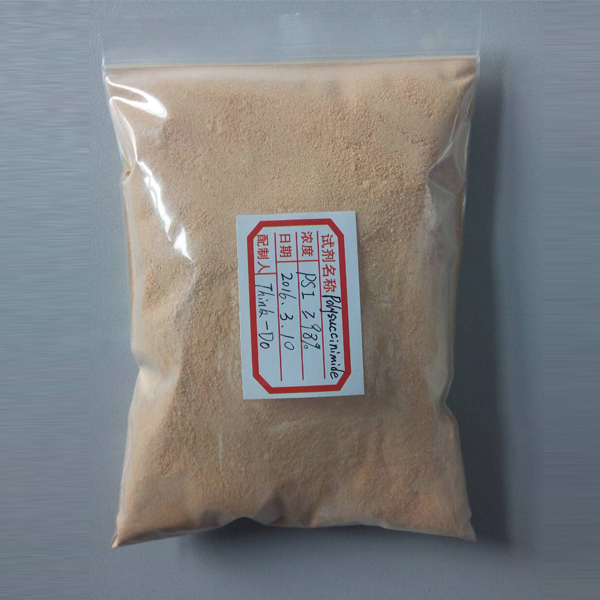
News
Nov . 17, 2024 14:43 Back to list
chelating agent calcium manufacturer
The Role of Chelating Agents in Calcium Manufacturing
In various industries, particularly in agriculture, food, and pharmaceuticals, the demand for calcium compounds remains significantly high. Calcium is essential for numerous biological processes, making it a crucial element in dietary supplements, fertilizers, and medical applications. However, the solubility and bioavailability of calcium are often limited, which leads to the exploration of chelating agents in calcium manufacturing. This article delves into what chelating agents are, their importance in calcium production, and an overview of key manufacturers in the field.
Understanding Chelating Agents
Chelating agents, also known as chelators or ligands, are chemical compounds that can form multiple bonds with a single metal ion, effectively grabbing the metal and forming a stable complex. This interaction significantly enhances the solubility and bioavailability of various minerals, including calcium. Common chelating agents used with calcium include citric acid, EDTA (ethylene diamine tetraacetic acid), and lignosulfonates. These agents are particularly helpful in preventing the precipitation of calcium salts, ensuring that the calcium remains available for uptake in biological systems or for further processing in manufacturing.
Importance of Chelating Agents in Calcium Manufacturing
The utilization of chelating agents in calcium manufacturing is significant for several reasons
1. Enhanced Bioavailability By binding to calcium ions, chelating agents improve the absorption of calcium in biological systems. This is particularly crucial in dietary supplements, where the efficiency of nutrient uptake can determine the product's effectiveness.
2. Stability in Formulations Chelating agents help stabilize calcium in various formulations, preventing the formation of insoluble calcium compounds that could hinder functionality in food products or pharmaceuticals.
3. Improved Solubility Many calcium salts are poorly soluble in water, which limits their application. Chelating agents help overcome this challenge by promoting solubility, allowing for easier incorporation into various products.
4. Functional Benefits in Agriculture In agricultural applications, chelated calcium is often used to enhance nutrient uptake in plants. Chelating agents ensure that calcium is readily available to plants, thereby improving their growth and overall yield.
chelating agent calcium manufacturer

Leading Manufacturers of Chelating Agents for Calcium
Numerous manufacturers specialize in producing chelating agents for calcium applications. Some of the key players in this market include
1. BASF A global leader in chemical manufacturing, BASF offers a range of chelating agents, including EDTA and other organic acids, designed for use in both agricultural and industrial applications.
2. Dow Chemical Company Dow is known for its innovative chemical solutions and produces various chelating agents tailored to enhance calcium's effectiveness in different formulations.
3. AkzoNobel This company provides a wide array of specialty chemicals, including chelating agents for agricultural and industrial uses, focusing on sustainability and performance.
4. Avicel Specializing in agricultural chemicals, Avicel manufactures various chelating agents that enhance the bioavailability of calcium in fertilizers, ensuring efficient nutrient delivery to crops.
5. Sigma-Aldrich Known for its extensive catalog of chemical products, Sigma-Aldrich supplies various chelating agents suitable for pharmaceutical and laboratory applications involving calcium.
Conclusion
The integration of chelating agents in calcium manufacturing is a pivotal aspect that enhances the functionality and efficacy of calcium products across different industries. As the demand for bioavailable calcium continues to rise in agriculture, food, and health sectors, manufacturers are increasingly investing in research and development to produce innovative chelating solutions. With key players driving the market forward, the future holds promising advancements that will further benefit the utilization of calcium in both traditional and novel applications. As we look ahead, the role of chelating agents will undoubtedly remain central to the advancement of calcium manufacturing, emphasizing the importance of their selection and application in various industrial processes.
-
Polyaspartic Acid Salts in Agricultural Fertilizers: A Sustainable Solution
NewsJul.21,2025
-
OEM Chelating Agent Preservative Supplier & Manufacturer High-Quality Customized Solutions
NewsJul.08,2025
-
OEM Potassium Chelating Agent Manufacturer - Custom Potassium Oxalate & Citrate Solutions
NewsJul.08,2025
-
OEM Pentasodium DTPA Chelating Agent Supplier & Manufacturer High Purity & Cost-Effective Solutions
NewsJul.08,2025
-
High-Efficiency Chelated Trace Elements Fertilizer Bulk Supplier & Manufacturer Quotes
NewsJul.07,2025
-
High Quality K Formation for a Chelating Agent – Reliable Manufacturer & Supplier
NewsJul.07,2025
